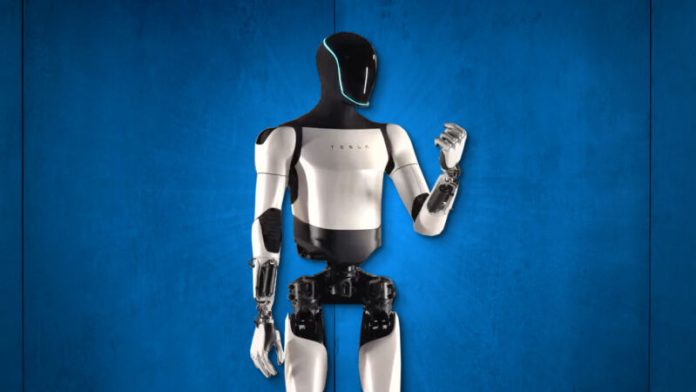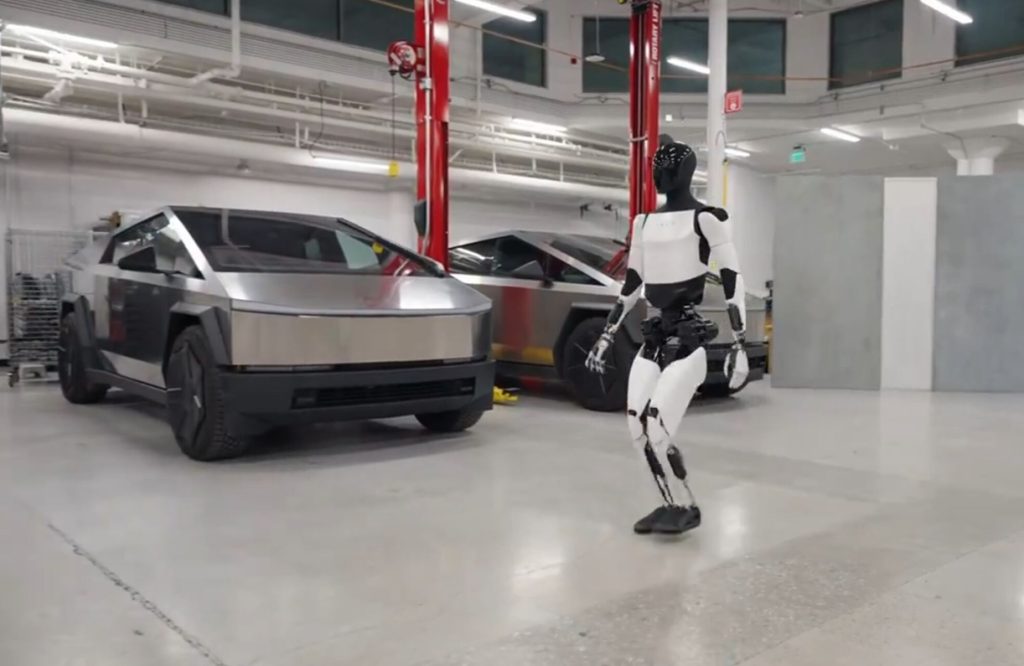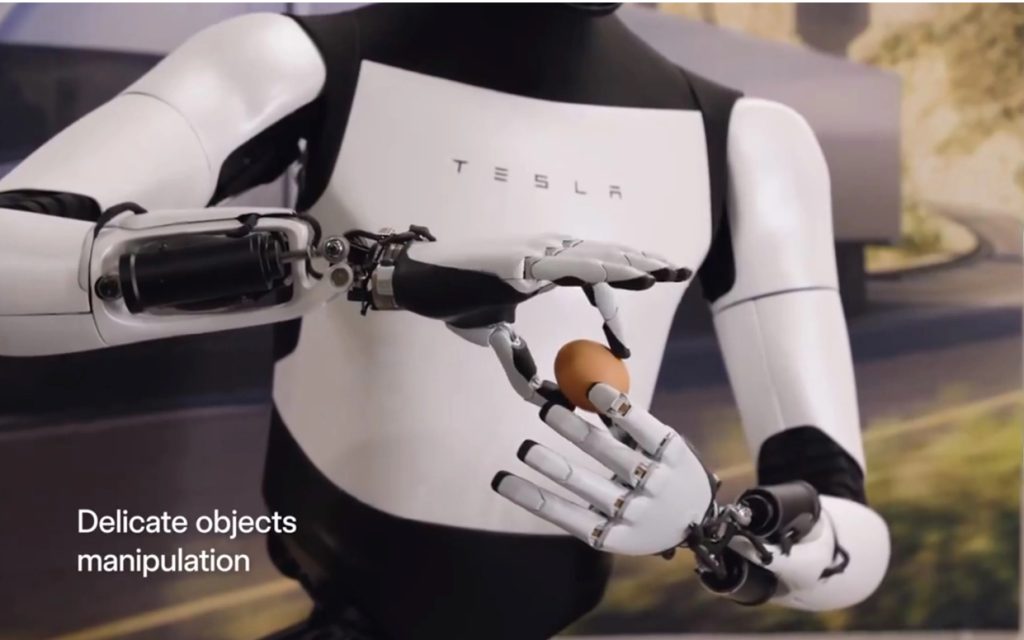
Billionaire entrepreneur Elon Musk is no stranger to pushing the boundaries of innovation. His electric vehicle company, Tesla, has revolutionized the automotive industry, and now, Musk has set his sights on the realm of robotics. In a recent Twitter announcement, Musk showcased two humanoid robot prototypes, known as the Optimus bot, dancing to electronic music amidst a dazzling display of flashing lights.
The Evolution of the Optimus Bot

Tesla’s journey towards creating the Optimus bot has not been without its challenges. In a similar demonstration last year, Tesla staff had to manually position one of the prototypes. Fast forward to the present, and we witness the remarkable progress made by the company. The Optimus bot now showcases the technological leaps Tesla has achieved over the past year.
According to Tesla, the Optimus bot is designed to perform basic tasks using a trained neural network. The ultimate goal is to replace humans in performing tasks that are either unsafe or mundane. Whether it’s repetitive assembly line work or hazardous tasks in extreme environments, the Tesla Bot aims to alleviate human workers from these burdensome responsibilities.
However, outside the realm of hardcore Tesla fans, skepticism has arisen. Critics question the feasibility and practicality of the Optimus bot. They argue that creating a humanoid robot capable of replicating human dexterity and adaptability is an immense challenge. Furthermore, concerns about job displacement and the potential for misuse of autonomous robots have also been raised.
The Potential Impact of the Optimus Bot

While the Optimus bot may face skepticism, it is important to consider its potential impact on various industries. Imagine a future where robots like the Optimus bot handle dangerous tasks in hazardous environments, such as nuclear power plants or disaster-stricken areas. The ability to send in a humanoid robot to perform these tasks could save countless lives and prevent human workers from being exposed to life-threatening conditions.
Beyond safety, the Optimus bot could also revolutionize industries that rely on repetitive manual labor, such as manufacturing and logistics. By automating these tasks, businesses can improve efficiency, reduce costs, and increase productivity. This, in turn, could lead to higher wages and more fulfilling job roles for human workers, who can focus on more creative and intellectually stimulating tasks.
The Future of Robotics
The Optimus bot is just the tip of the iceberg when it comes to the future of robotics. Elon Musk’s vision extends far beyond a dancing humanoid robot. The potential applications of autonomous robots are vast and varied.
Imagine a world where robots assist us in our everyday lives, providing companionship to the elderly, helping with household chores, or even acting as personal assistants. The possibilities are endless, and the Optimus bot serves as a glimpse into this exciting future.





